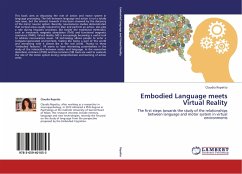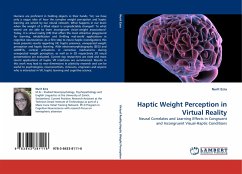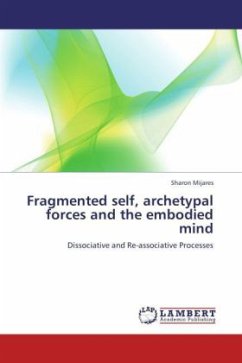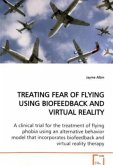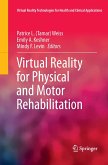This book aims at discussing the role of action and motor system in language processing. The link between language and action is not a totally new issue, but the interest towards it has been renewed by the discovery of the mirror neuron system. Recently, neuroscience studies demonstrated that cortical areas usually required to plan and perform an action, also play a role during linguistic processes. But beside the traditional methodics, such as transcranic magnetic stimulation (TMS) and functional magnetic resonance (fMRI), Virtual Reality (VR) is increasingly becoming a useful tool to address neuroscience issues. VR technology allows people to enter a computer-generated environment, feeling like being a part of this world and interacting with it almost like in the real world. Thanks to these embodied features , VR seems to have interesting potentialities in the study of the interaction between action and language. In the researches described, common (rTMS) and less common (VR) tools are used to evaluate the role of the motor system during comprehension and learning of action verbs.

